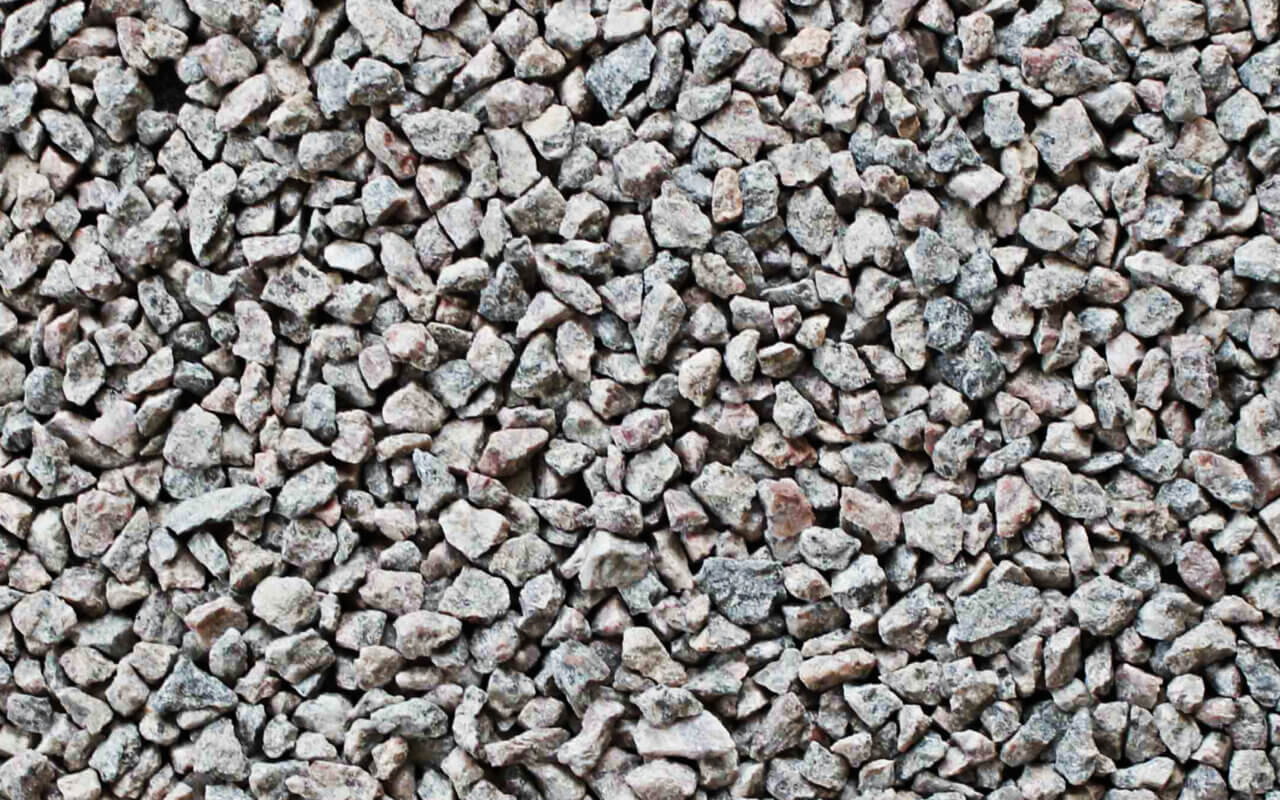Introduction
Nature creates gravel through the erosion and weathering of rock formations. For centuries, builders and landscapers have used this versatile and cost-effective material in construction and landscaping projects. Today, gravel aggregate remains a critical component in modern projects and serves many purposes.
Types of Gravel
There are several types of gravel available for use in construction and landscaping projects. Some of the most common types include:
- Crushed Stone: Construction and landscaping projects frequently use this type made from crushed stones. It is available in a range of sizes and colors, making it ideal for a wide range of applications.
- Pea: Is a type of small, smooth, rounded stones that are approximately the size of peas. Landscapers and garden designers often use this type in their projects, including in drainage systems.
- River Rock: Round stones sourced from river beds make up river rock gravel. These stones come in a range of sizes, colors, and textures, making them ideal for landscaping and decorative purposes.
- Decorative: Decorative is available in a range of colors, shapes, and sizes, making it a popular choice for adding aesthetic value to outdoor spaces.
Uses of Gravel
Gravel has a wide range of uses in construction and landscaping. You can use it for:
- Driveways: Gravel driveways are an attractive and cost-effective alternative to asphalt or concrete driveways. They are low-maintenance, durable, and you can customize them to match your home’s style.
- Pathways: Gravel pathways are a popular choice for walkways, patios, and outdoor living spaces. Easy to install, provide a stable surface, and can be customized to fit the design of any outdoor space.
- Landscaping: You can use gravel in landscaping projects for rock gardens, retaining walls, and decorative features. Furthermore, it is an effective solution for adding visual interest and character to your flower beds and gardens.
- Drainage Systems: Use gravel in drainage systems to steer water away from foundations, driveways, and other structures effectively.
- Construction of foundations and walls: Use gravel as the base material for building stable and durable foundations and retaining walls that can handle heavy loads.
Advantages of using Gravel
Gravel offers several advantages over other construction and landscaping materials, including:
- Cost Effective: Is an affordable alternative to asphalt, concrete, or pavers, making it a popular choice for cost-conscious homeowners.
- Versatility: Can be used in a wide range of applications, from driveways and pathways to drainage systems and landscaping.
- Low Maintenance: Because it requires minimal upkeep, it proves to be a convenient choice for busy homeowners, unlike other materials that demand more attention.
- Adds aesthetic value: Can add visual interest and beauty to outdoor spaces, making it a popular choice for landscaping and decorative purposes.
- Durable and Long-lasting: Is a durable material that can withstand heavy traffic and the elements, making it a long-lasting choice for outdoor spaces.
Tips for using Gravel
To ensure that your gravel installation provides the desired results, consider the following tips:
- Proper selection based on intended use: Choose the right type for your specific project, taking into account factors such as the intended use, desired appearance, and local climate.
- Proper installation: Proper installation is key to ensuring that your installation lasts for years to come. Consider factors such as the type of subgrade, drainage requirements, and the size of the stones when installing.
- Maintenance: Regular maintenance is important to keep your installation looking its best. Rake and level the stones periodically, remove any weeds or debris, and add fresh stones as needed to keep the area looking neat and tidy.
Conclusion
Construction and landscaping projects widely use gravel due to its versatility and affordability. From driveways and pathways to landscaping and drainage systems, it offers numerous advantages over other materials, including its affordability, versatility, low maintenance, and durability. When properly selected and installed, gravel can provide a stable and attractive surface that lasts for years to come. Whether you are planning a landscaping project, building a foundation, or constructing a driveway, consider incorporating gravel into your plans for a cost-effective and long-lasting solution.





